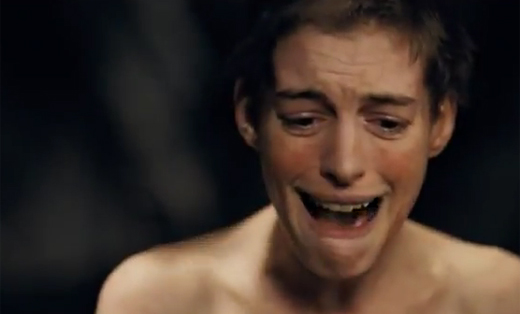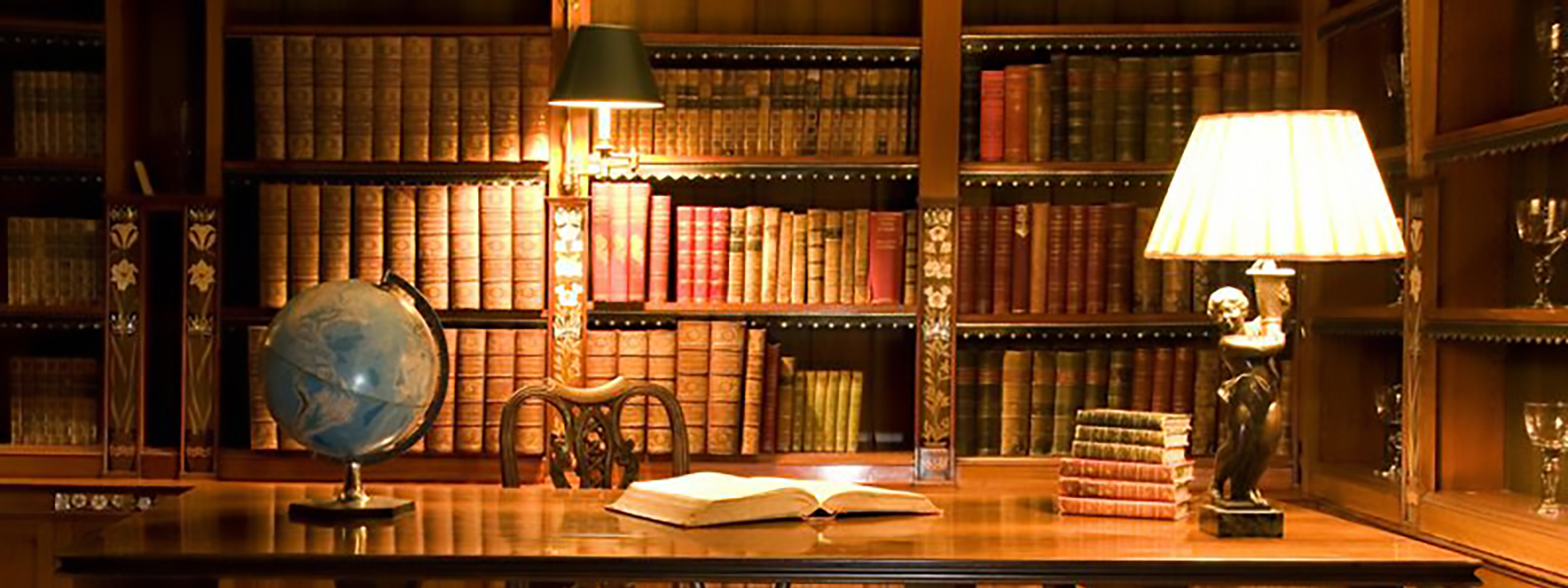Pas si misérable. A review of ‘Les Misérables’

When all was said and done… I liked it. Musical theatre, and film adaptations of the like are not at all in my wheelhouse. In fact, the only musical I can actually stand, and have seen on Broadway, is Les Misérables. My aversion to musicals is that I either find them frivolous and camp, or, on the other extreme, melodramatic (such as Claude-Michel Schönberg’s other famous musical, Miss Saigon. I shudder at them being penned by the same hand.) Victor Hugo’s colossal novel is a masterpiece and unfortunately overshadowed in many ways by it’s more popular adaptation. That aside, the musical, Les Misérables, has become its own entity, long ago having reached iconic status. And it is particularly the iconic status of the original cast which, in some ways more than other musicals, has made it a very daunting task for any other cast to attempt matching the indelible marks made on this music by its West End performers in 1985. The vocal character and inflection of these performers set narrow, yet astoundingly high, parameters for successful performance. The risk for all who play these roles is sounding like an inept imitation of the originals. Which made me sceptical about seeing it on Broadway, and even more sceptical about seeing Hollywood’s version.
It seems the days when many screen actors were very talented vocalists is bygone. Overdubbed musicals from Moulin Rouge to Mama Mia have made me cringe. So to attempt such a vocally demanding musical seemed almost a fool’s errand, not only for the aforementioned vocal reasons, but also because Les Mis is a sung-through musical, almost like an opera, with virtually no speaking.
All this being said I found myself surprisingly moved and satisfied. Personally, my sentiments were helped along by fond memories of having sung these famous songs in choirs in grade-school, but also by the masterful plot as adapted from Hugo. The score, with one show stopper after another and almost no throwaway songs; the plot and movement being so intense that with the exception of a few lighthearted moments interspersed, is relentless in its pulling on the heartstrings and tearjerking; the admittedly low expectations of the cast’s vocal ability. All of these contributed to my relatively positive reception of the film.
One of the main points of critique for most would of course be, then, the vocal performance. As mentioned, having cringed my way through most other film adaptations of musicals, I was rather pleased with how the live sound stage recording came off, as opposed to overdubbing. This allows for much greater conductivity between the actor’s singing and his or her emotions. The result was some very visceral performances, where the tearful, snot-soaked sobs effectively made up for weaker vocal moments and stylistic leeway. However, for some reason, several of the parts got lost at the normally beautiful moments when three or four parts intertwine in counterpoint—a distinctive element of the writing in this musical, which for some reason the sound engineers could not capture effectively.
As for the singing, though, the moment of truth would come when each character would deliver his or her respective showstopper, with the largest burden falling on Anne Hathaway and Hugh Jackman. Somehow, I found myself strangely softened with compassion and tolerance in seeing the legendary Colm Wilkinson, the man who defined Jean Valjean, early on as the Bishop. So, without being overly critical:
I found Hathaway’s performance of I dreamed a dream convincing. Certainly not excellent, but she pulled it off, without it being a total let down or distracting. Some may disagree, but okay. The song is meant for a strong alto and Hathaway is a light soprano. Yet she showed more gusto than I thought she had in her. There were moments when her vocals were inconsistent, with obvious, unintended weak patches in her delivery, followed by throttled belts that seemed very trained, which left an uneven feel to her singing. But she also took her own approach stylistically, which as I said, is not easy to do with these songs, any deviation easily becoming unforgivable, and she added some surprising depth to moments of the song. There was something beautifully vitriolic in her performance, which made it work in an uncanny way.
Hugh Jackman is no stranger to musical theatre, with an award winning performance in Oklahoma! on London’s West End, in Carousel at Carnegie Hall, and receiving a Tony for his work in the Broadway musical The Boy from Oz. He bore the brunt of the vocal demands as the protagonist. I think he rose to the challenge in Bring him home, a remarkably difficult song to sing. His performance of Who am I, was not as strong, but he delivered on the the famous 2-4-6-0-1. He apparently went to great lengths in nursing his voice including 7 gallons of water a day, a regular supply of cough drops, steam rooms and abstaining from coffee.
Amanda Seyfried demonstrated her vocal training as a whole, but particularly with some very light high notes that raised my eyebrows at two points.
Eddie Redmayne, who I recognised half way through the film not for his film career, but from a Burberry ad, was an unexpectedly impressive Marius, actually having, by the sound of it, the most trained voice in bunch, despite no previous vocal training, or at least that I was able to find record of. At times his voice was a bit nasal, but he demonstrated a beautiful tenor, and in Empty chairs at empty tables, delivered one of the better snotty, tearful performances, with real power. He seemingly mastered this technique a bit more adeptly than Hathaway. Though I’m no fan of superlatives, that might have been the best executed piece of the film.
Samantha Barks, primarily a professional vocalist, carrying a relatively light acting burden, did justice to her On my own.
Sasha Baron Cohen and Helena Bonham Carter did their jobs as master and mistress of the ‘ouse, though I’m not sure why Cohen sang with a mixture of Jean Girard and Borat in his voice and spoke like a Cockney.
The glaring exception was Russell Crowe, with painful obviousness. He was the other giant white elephant, aside from the one that was regularly in the scenery, the imagery of which I do not know enough to decipher. He sounded pathetically like that poor boy in typical high school musical productions who has had heaps of voice lessons and really loves singing, but just cannot sing. I think most of us have encountered that unfortunate phenomenon. Apparently he tried really hard, so how can you punish him more than his own performance already does? He almost succeeded in emasculating himself on screen, despite having been in many of our minds the most rugged gladiator ever. He was insipid even before he sang, as his too blue uniform first appeared on camera. Crowe really does fancy himself a singer, too, having performed for many paying audiences at small venues. It’s a shame. Being a hearty baritone myself, I almost wanted to start singing out loud to help him out.
My main criticism is minor, and that regards the filming of some of the show-stopping solos. The close ups were awkwardly close and even distorted the features of the actors’ freakishly huge faces.
In the end, however, many elements came together favourably, and I was not disappointed. I even at times found my eyes welling up—though the sound of sobs echoing throughout the theatre quickly broke the mood for me and brought me back. It reminded me of why I prefer empty matinee shows, rather than crowded ones during Christmas holidays.
What sadly gets lost in all of this discussion of the production value, by myself and others, is that this is a remarkable tale of human love, sacrifice, and grace overcoming harsh justice and inhumanity. Though the musical and film adaptation are of the highest emotional intensity and do convey a strong sense of these important themes, it is helpful to be reminded by Hugo’s own preface to the novel (in the Sinclair edition), as to the real moment of this story:
“So long as there shall exist, by reason of law and custom, a social condemnation, which, in the face of civilization, artificially creates hells on earth, and complicates a destiny that is divine, with human fatality; so long as the three problems of the age—the degradation of man by poverty, the ruin of women by starvation, and the dwarfing of childhood by physical and spiritual night—are not solved; so long as, in certain regions, social asphyxia shall be possible; in other words, and from a yet more extended point of view, so long as ignorance and misery remain on earth, books like this cannot be useless.”
So, do the noble thing, and read or revisit Hugo’s remarkable book. I think we’ll all benefit more from this than will the box office barons from the film.
